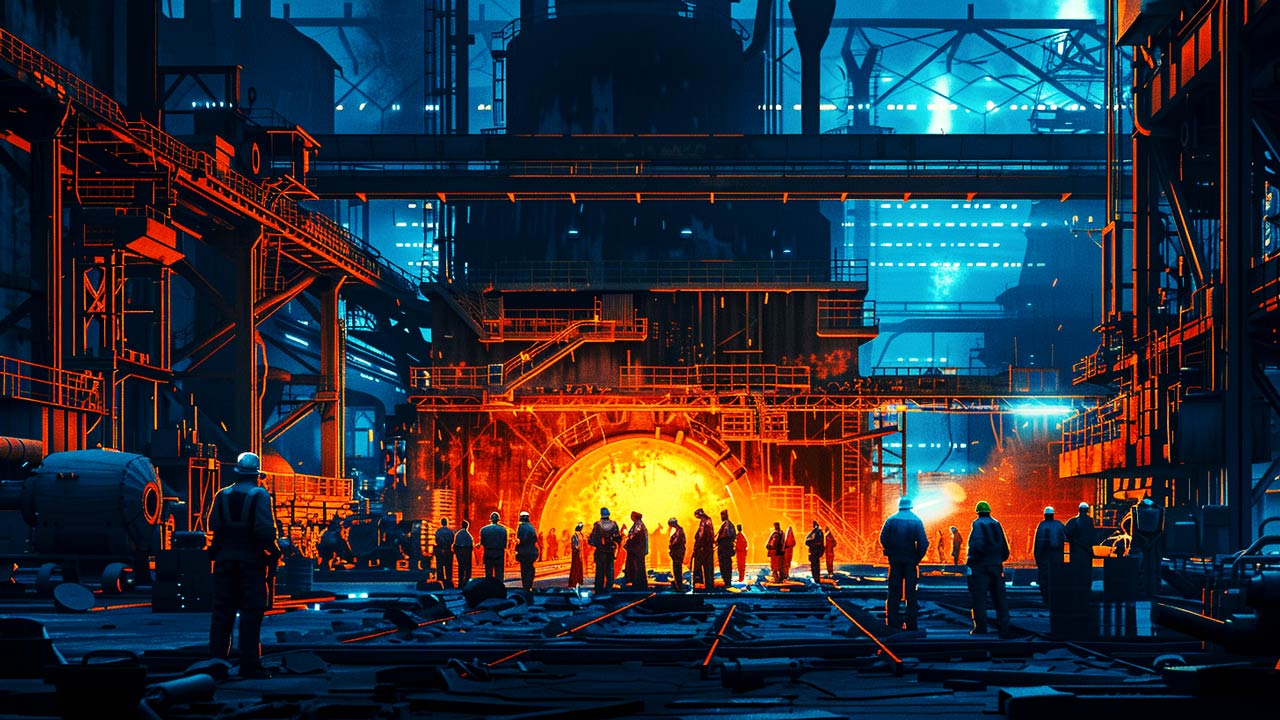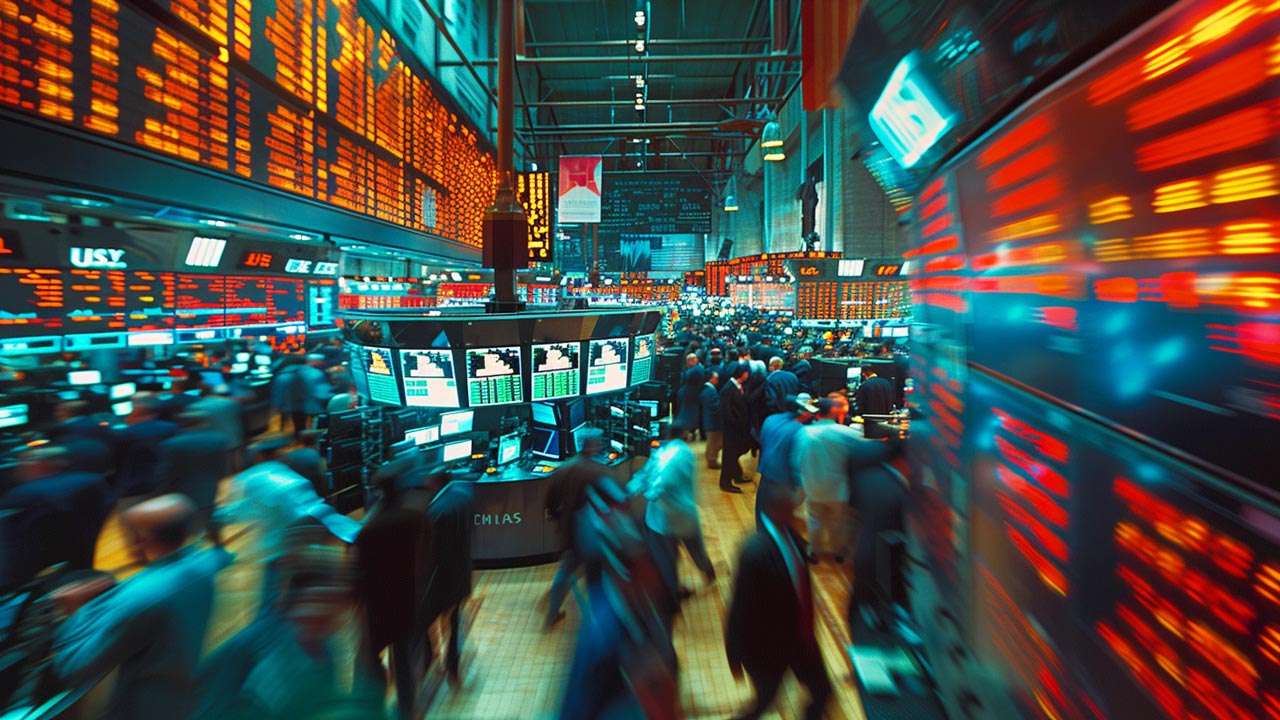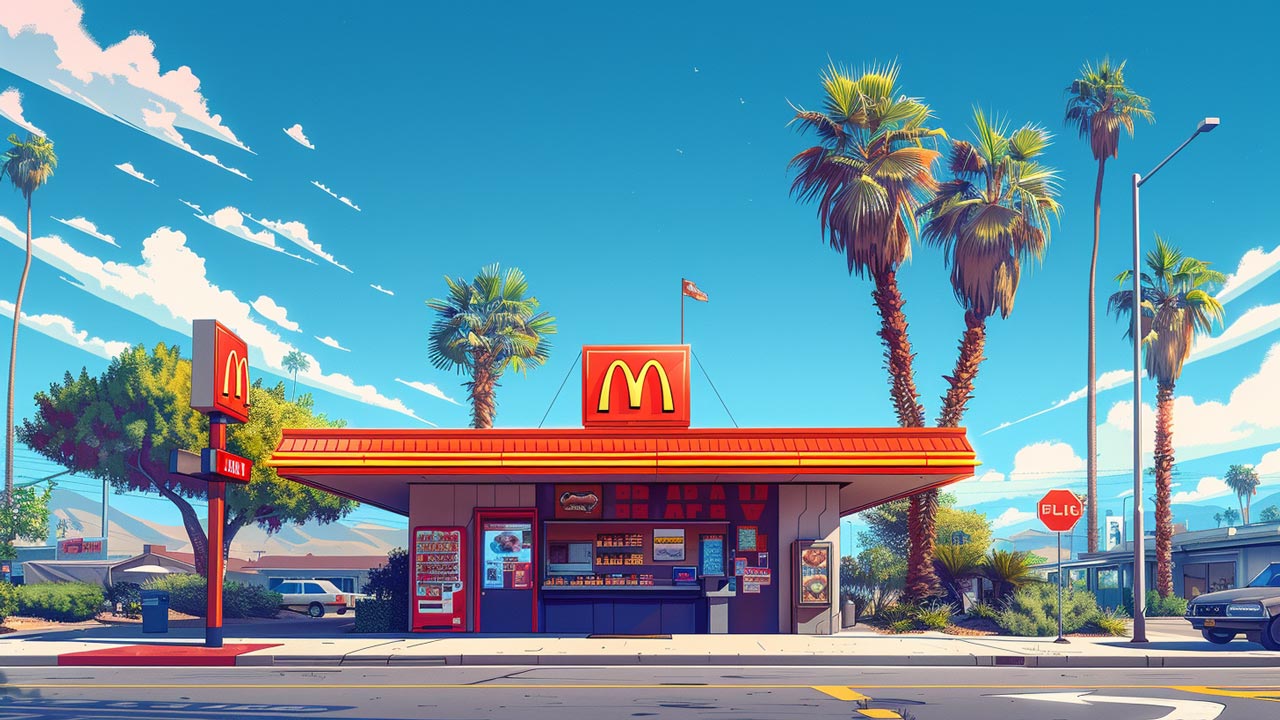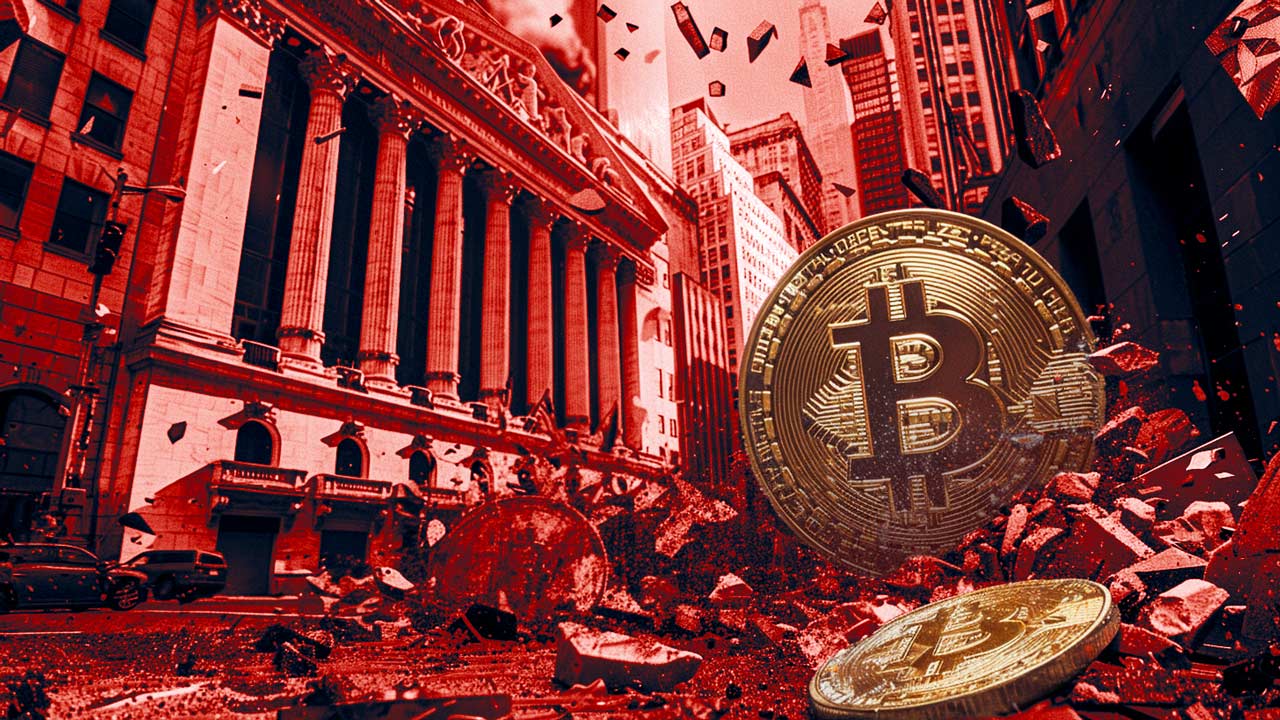In Defense of the 1%
By Peter Schiff
Last week, I spent the afternoon visiting the Occupy Wall Street demonstrations in lower Manhattan. I brought a film crew and a sign that said “I Am The 1%, Let’s Talk.” The purpose was to understand what was motivating these protesters and try to educate them about what caused the financial crisis. I went down there with the feeling that much of their anger was justified, but broadly misdirected.
Indeed, there were plenty of heated discussions. I did little more than ask how much of my earnings I should be allowed to keep. In return, I was called an idiot, a fool, heartless, and selfish. But when we started talking about the issues, it seemed like the protesters fell into two categories: those who generally understood and agreed that Washington caused this mess, and those who could only recite Marxist talking points. It was the latter who usually resorted to calling names once I pointed out the hypocrisy of their positions. They might shout, “the banks have taken over the regulatory agencies, so we need more regulations!” Obviously, this is paradoxical. If they’re blaming government for causing this problem, why would they suggest more government as the solution?
I think some of the leadership of Occupy Wall Street comes from this kind of radical Marxist background – and perhaps they’re smart to intentionally keep quiet about their goals. Because the vast majority of protesters I met did believe in capitalism – they’re just tired of being screwed over by crony capitalism. Noted school-choice activist Michael Strong calls it “crapitalism,” and that’s what it is. It’s a rotten deal for everyone, and they know it.
The problem is that many of these people are under the mistaken impression that Wall Street banks are to blame for this state of affairs. That’s like blaming the dogs for getting into the trashcan. Sure, it’s bad behavior, but the ultimate responsibility lies with the authority figures – in this case, Washington. After all, it’s not the New York metro area that has benefitted the most from this crisis. Rather, the counties around DC are now ranking as the wealthiest in the country. And while wealthy New Yorkers have historically made their living providing essential financial services to the global economy, Washington has always made its living one way: at our expense.
That’s why I have trouble sympathizing with people calling themselves the “99%”, implying they stand in opposition to wealth no matter how it’s earned. I own a brokerage firm, but I didn’t receive any bailout money. In fact, I have to work twice as hard to compete with bigger financial firms that are propped up by the US government. The least I deserve is the ability to keep what I earn.
Remember, if the IRS weren’t taking so much from the wealthy who have earned it, there would be that much less for Wall Street bailouts. A hundred years ago, major banks had no business lobbying Washington, because compared to their free-market earnings, the government simply didn’t have that much money to dole.
The other tool the government didn’t have to use against us back then was the Federal Reserve. Even if we drastically reduce taxes, the Fed might decide to do what it has been doing: printing money to finance government profligacy. This acts as a secret tax on everyone with a bank account, and is critical in transferring wealth from hardworking Americans to politically connected elites. So, really, the protests shouldn’t be on Wall Street but around the corner on the ironically named Liberty Street, site of the New York Federal Reserve Bank – the heart of this dishonest system.
Until these twin sources of financial oppression are brought under control, the average American’s standard of living will most likely continue to fall, more jobs will leave for increasingly capitalist emerging markets, and more young kids will be left with nothing better to do than block traffic.
One common refrain I heard at the protests was that our problems result from the rich not paying enough taxes. Most feel that economy was better when marginal tax rates were higher, and that lower rates are a cause of financial decline. Forget about the faulty logic of this assumption, it ignores two key points. First, while it’s true that marginal tax rates were much higher after World War II, the tax code also used to contain many allowances and exceptions, such that very few people actually paid the nominal rate. Second, prior to 1913, the rich paid no income taxes at all; yet, lower- and middle-class living standards rose much faster in the 19th century than in the 20th!
Overall, I think there was a real lack of understanding of basic economic principles among the Occupiers. Protesters thought that the rich owed a duty to share their wealth with society. However, they failed to see that in true capitalism, the rich can only acquire their wealth by serving others. No one succeeds in a vacuum. Consider the late Steve Jobs. He became a billionaire by sharing his wealth. Think about the millions of people around the world whose lives are vastly better because of Apple products. Think of all the Apple employees who benefit from high-paying jobs he created. Think about all those investors who made money from Apple stock. Steve Jobs shared his wealth with the entire planet before he ever paid one dime in taxes. In fact, any money Steve Jobs did pay in taxes likely prevented him from creating and sharing even more wealth. Had Jobs tried to hoard his wealth instead, he never would have acquired it in the first place.
Of course, the idea that Occupy Wall Street protesters have a right to share directly in the private profits earned by others is immoral. The protesters were correct in being outraged by having to share in Wall Street’s losses. But if they do not want to share the losses, they have no right to demand a share of the profits!
One protester equated the low wages paid by Wal-Mart to slavery, yet thought the government should take 70% of my income. In the case of Wal-Mart, employees are free to choose other jobs. What choice would I have when faced with a 70% income tax? They call it “slavery” when Wal-Mart offers workers better opportunities than they could find elsewhere, and “justice” when government enslaves me by forcibly taking 70% of the fruits of my labor.
Another protester challenged my claim that businesses create jobs by stating that consumers create the jobs by spending money. When I asked him where the consumers got their money, he replied “from their jobs,” which actually proved my point. Without jobs, consumers have no purchasing power. And without production, there is nothing to purchase.
I’m calling for these protesters to educate themselves on the causes of the current financial decline and not to waste their time attacking the wrong target. They have every right to be angry, but also an obligation to be part of the solution. Yes, I am the 1% – but I’ve earned every penny. Instead of trying to take my wealth away, I hope they learn from my example.
Highlights of Peter’s Occupy Wall Street expedition:
Follow us on Twitter to stay up-to-date on Peter Schiff’s latest thoughts: @SchiffGold
Interested in learning about the best ways to buy gold and silver?
Call 1-888-GOLD-160 and speak with a Precious Metals Specialist today!



 The yen was once known as a safe-haven currency for investors to protect themselves when broader markets are shaky or other currencies are dropping, but those days are numbered. A stable government and consistent (and low) interest rates have been some of the driving factors, but it’s the unwinding of that ultra-low interest rate policy that will be the yen’s “safe […]
The yen was once known as a safe-haven currency for investors to protect themselves when broader markets are shaky or other currencies are dropping, but those days are numbered. A stable government and consistent (and low) interest rates have been some of the driving factors, but it’s the unwinding of that ultra-low interest rate policy that will be the yen’s “safe […] Whenever an election year rolls around, domestic manufacturing becomes a more central theme of discussion. Candidates from both sides, who seem to disagree on almost everything else, never waver in their commitment to auto manufacturers in Detroit and the steel industry. Republicans and Democrats never forget to remind the American public that they will try […]
Whenever an election year rolls around, domestic manufacturing becomes a more central theme of discussion. Candidates from both sides, who seem to disagree on almost everything else, never waver in their commitment to auto manufacturers in Detroit and the steel industry. Republicans and Democrats never forget to remind the American public that they will try […] The wizards at the Fed and US Treasury have been forced to acknowledge that their “transitory,” inflation is, in fact, quite “sticky.” And with the inflation elephant now acknowledged by the circus of high finance, Treasury yields keep inching up, recently reaching 4.7% — the highest since November. The Fed is stuck: It needs to raise interest rates to tame inflation and […]
The wizards at the Fed and US Treasury have been forced to acknowledge that their “transitory,” inflation is, in fact, quite “sticky.” And with the inflation elephant now acknowledged by the circus of high finance, Treasury yields keep inching up, recently reaching 4.7% — the highest since November. The Fed is stuck: It needs to raise interest rates to tame inflation and […] The solution to a problem shouldn’t make the problem worse. But apparently, California’s policy makers missed that memo. On April 1st, the state instituted a $20 minimum wage for fast food workers, the highest in the US. With California’s absurdly high cost of living, the policy appeared to make life more manageable for low-income residents. Unfortunately, as the adage goes, “If it sounds too […]
The solution to a problem shouldn’t make the problem worse. But apparently, California’s policy makers missed that memo. On April 1st, the state instituted a $20 minimum wage for fast food workers, the highest in the US. With California’s absurdly high cost of living, the policy appeared to make life more manageable for low-income residents. Unfortunately, as the adage goes, “If it sounds too […] The monetary battle of the 20th century was gold vs. fiat. But the monetary battle of the 21st century will be gold vs. bitcoin. With Wall Street jumping into the game with bitcoin ETFs, a bitcoin halving recently splitting the block reward for miners in half, and both gold and bitcoin hovering near their all-time highs, it’s a great time for […]
The monetary battle of the 20th century was gold vs. fiat. But the monetary battle of the 21st century will be gold vs. bitcoin. With Wall Street jumping into the game with bitcoin ETFs, a bitcoin halving recently splitting the block reward for miners in half, and both gold and bitcoin hovering near their all-time highs, it’s a great time for […]
Leave a Reply